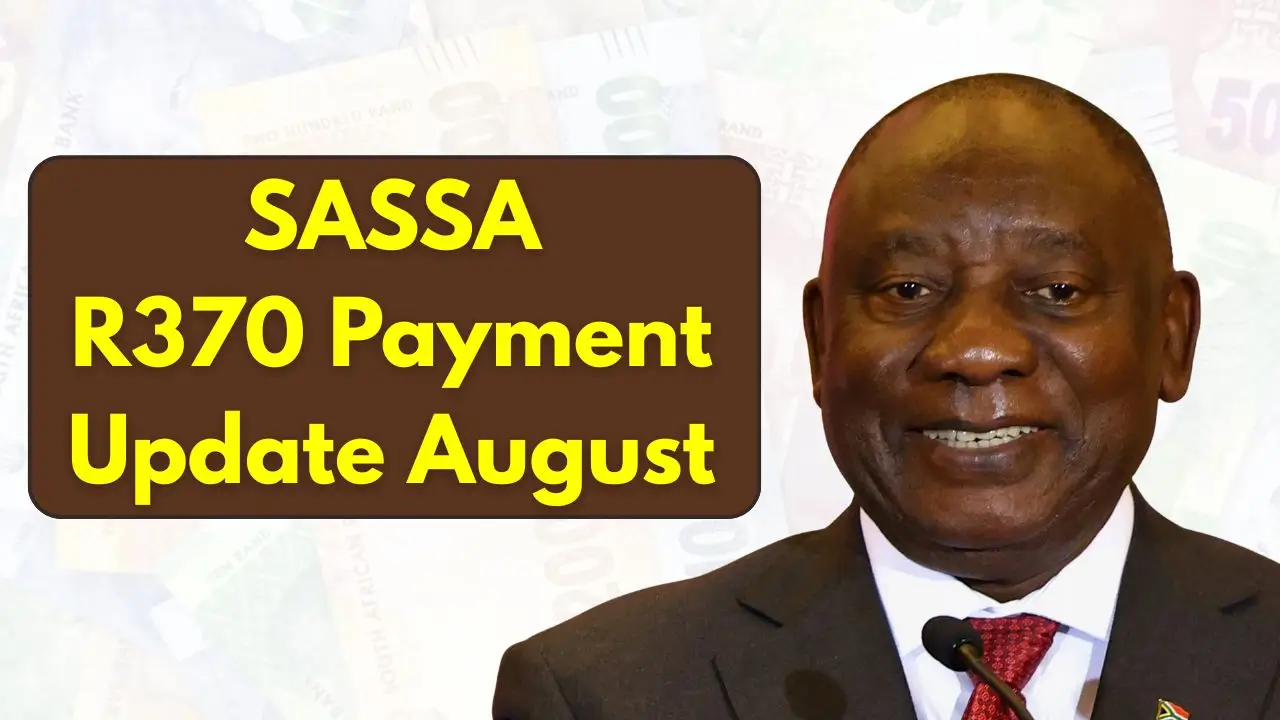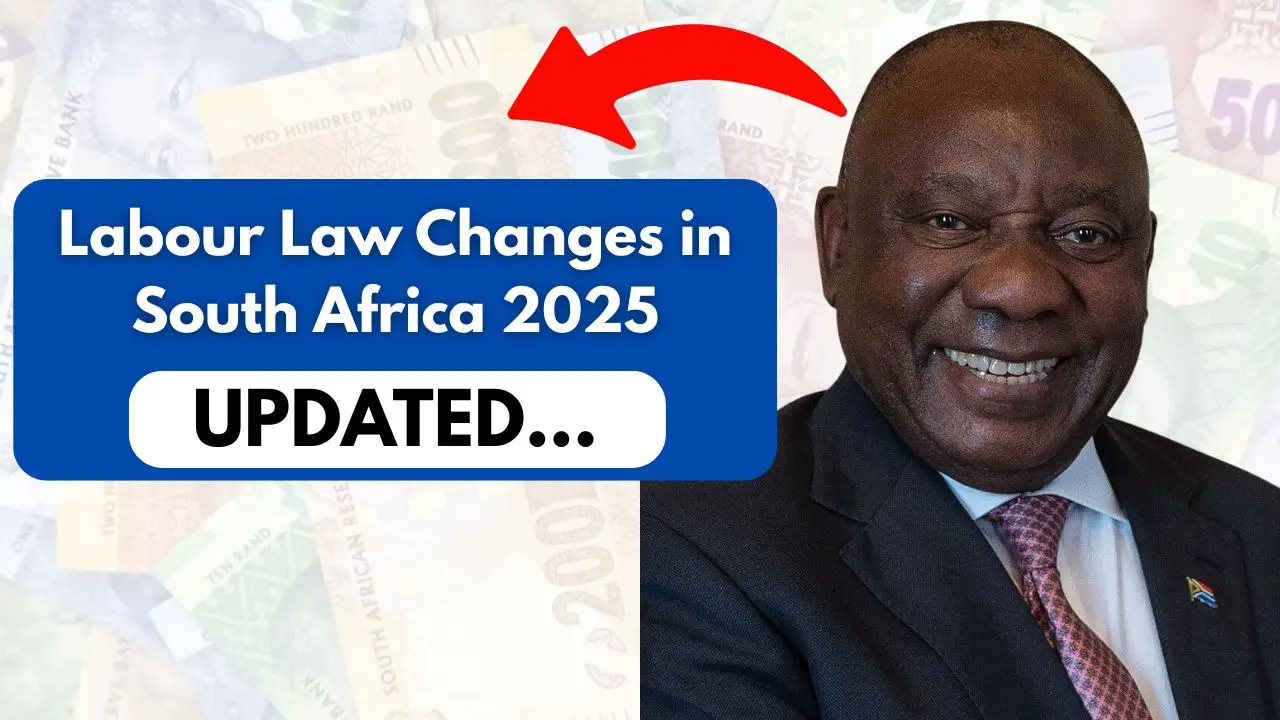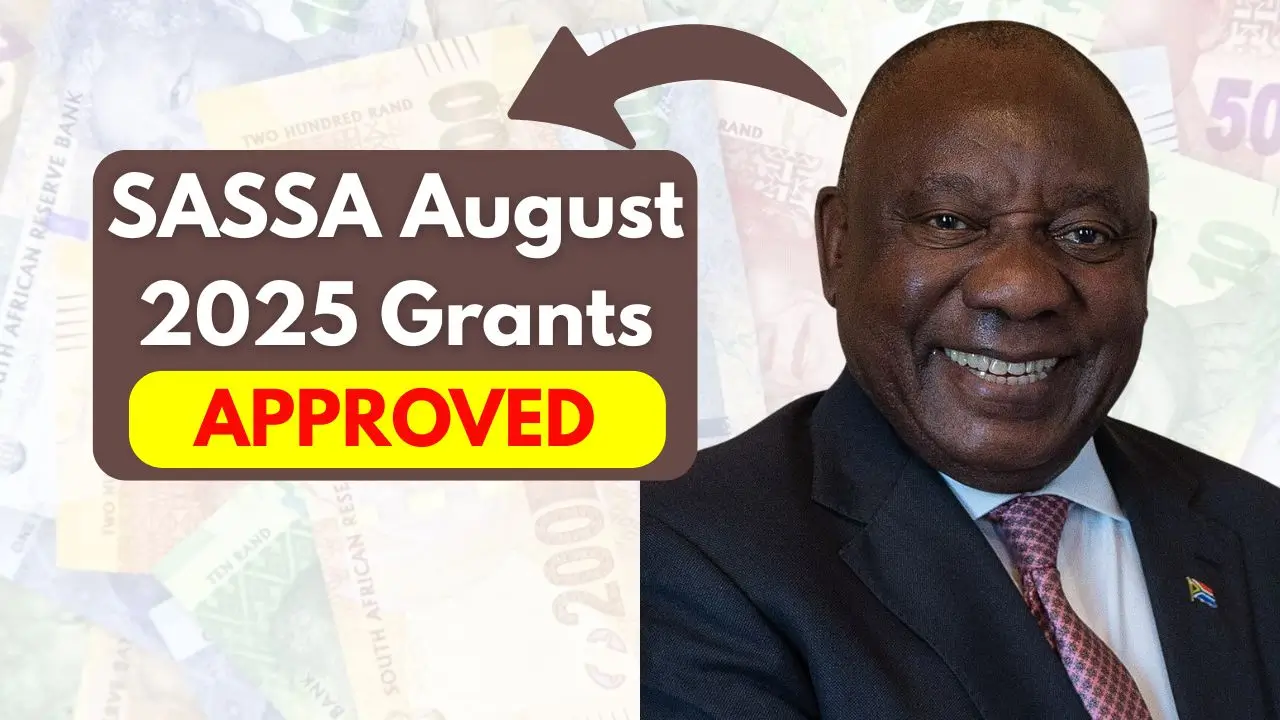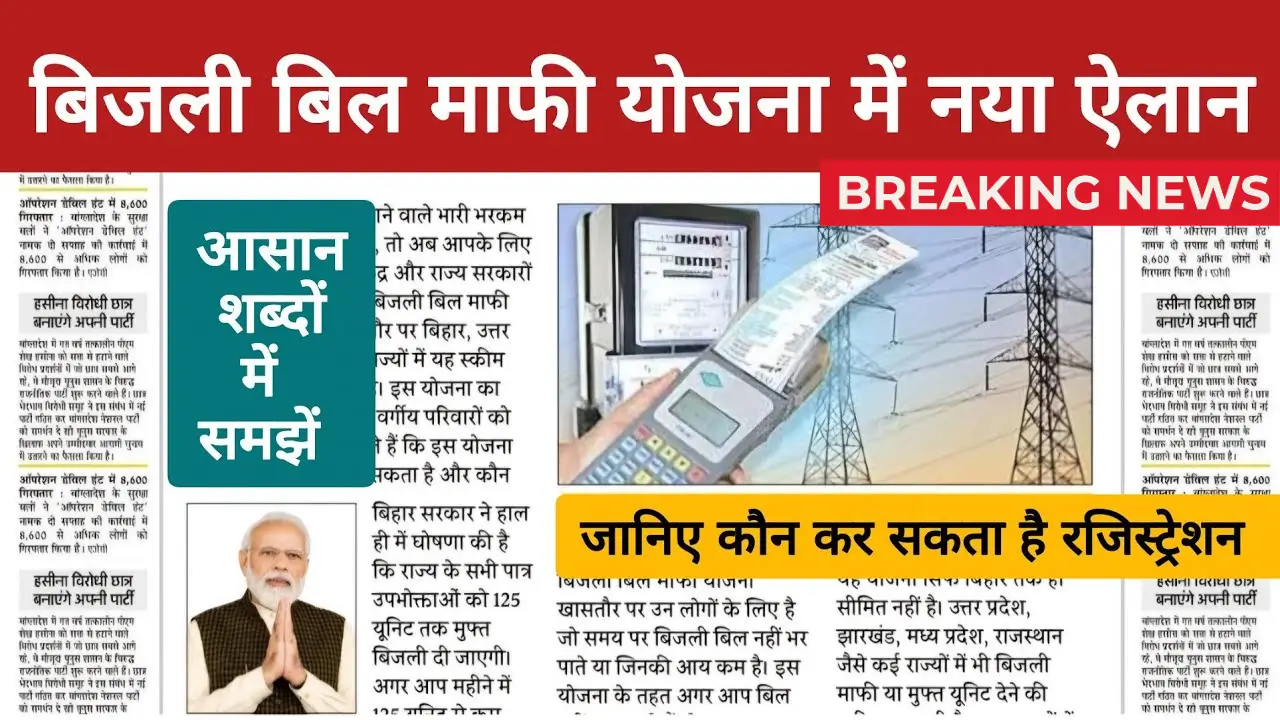The Social Relief of Distress (SRD) grant administered by the South African Social Security Agency (SASSA) continues to be a critical financial lifeline in 2025. With the monthly payment adjusted to R370, it provides vital support to millions facing unemployment and economic challenges.
Although primarily a South African program, understanding the updates and rules of this grant can offer insights into social welfare mechanisms relevant globally, including to audiences in countries like the United States interested in comparative social support policies.
Understanding the SASSA SRD Grant
The SRD grant is designed to provide temporary relief to individuals experiencing financial distress, particularly the unemployed who do not qualify for other social grants. The amount was increased from R350 to R370 starting April 2024 to better align with the rising cost of living.
This grant is distributed monthly to eligible recipients and represents a crucial support system in a country where unemployment remains high and poverty affects a substantial portion of the population.
SASSA periodically updates the grant’s application rules and payment processes to enhance efficiency, prevent fraud, and ensure that aid reaches those most in need. As of 2025, these updates include new application rules and scheduled payment cycles that applicants must be aware of to secure uninterrupted benefits.
2025 Payment Schedule and Process
The payment of SRD grants for 2025 has been organized to take place in batches, generally during the last week of each month, sorted by the beneficiary’s ID number. This staggered approach helps manage the high volume of transactions and prevents overcrowding at payment points. For August 2025, for instance, approved beneficiaries can expect payments between August 25 and August 30.
The grants are paid through various methods including direct bank deposits, cash pickups at Post Offices, and CashSend options. Beneficiaries are encouraged to regularly check their application status online or via available communication channels to confirm their payment dates and avoid delays caused by outdated information or administrative issues.
SASSA Grant Payments in August 2025
| Grant Type | Payment Dates | Amount (Rands) |
|---|---|---|
| Older Persons Grant | August 5, 2025 | R2,315 |
| Disability Grant | August 6, 2025 | R2,315 |
| Child Support Grant | August 7, 2025 | R560 |
| Foster Care Grant | August 7, 2025 | R1,250 |
| Social Relief of Distress | August 25-30, 2025 | R370 |
Eligibility and New Application Rules
To qualify for the SRD grant, applicants must meet strict criteria. They must be unemployed and not receiving any other social grant, with the exception of the Child Support Grant.
The monthly income threshold for eligibility is set low to ensure that the support reaches the most financially vulnerable. Applicants must be South African citizens, refugees, or permanent residents and must provide valid identification and proof of residence.
In 2025, SASSA has emphasized the importance of reconfirming applications to prevent fraud and verify eligibility continually. Beneficiaries need to update any changes in their personal information, employment status, or banking details directly on the SASSA platform. Failure to reconfirm can result in suspension or delays of payments.
For those who have been declined or whose applications are pending, there is an appeal process. Applicants can submit updated information and request a reconsideration of their status within prescribed timelines to ensure fair access to the grant.
Conclusion
The SASSA SRD Grant remains a vital support tool amid ongoing economic difficulties. The increase to R370 reflects a response to inflation and living costs, continuing the government’s effort to provide a safety net for vulnerable citizens.
For recipients, keeping their applications updated and monitoring payment schedules is crucial for uninterrupted financial aid.
While tailored to South Africa’s context, the structure and management of the SRD grant offer a useful example of how social safety net programs can be organized and evolve in response to economic conditions and administrative challenges.
Such insights can be valuable for policymakers, social workers, and welfare advocates worldwide, including those in the United States, interested in improving or comparing anti-poverty measures.



















